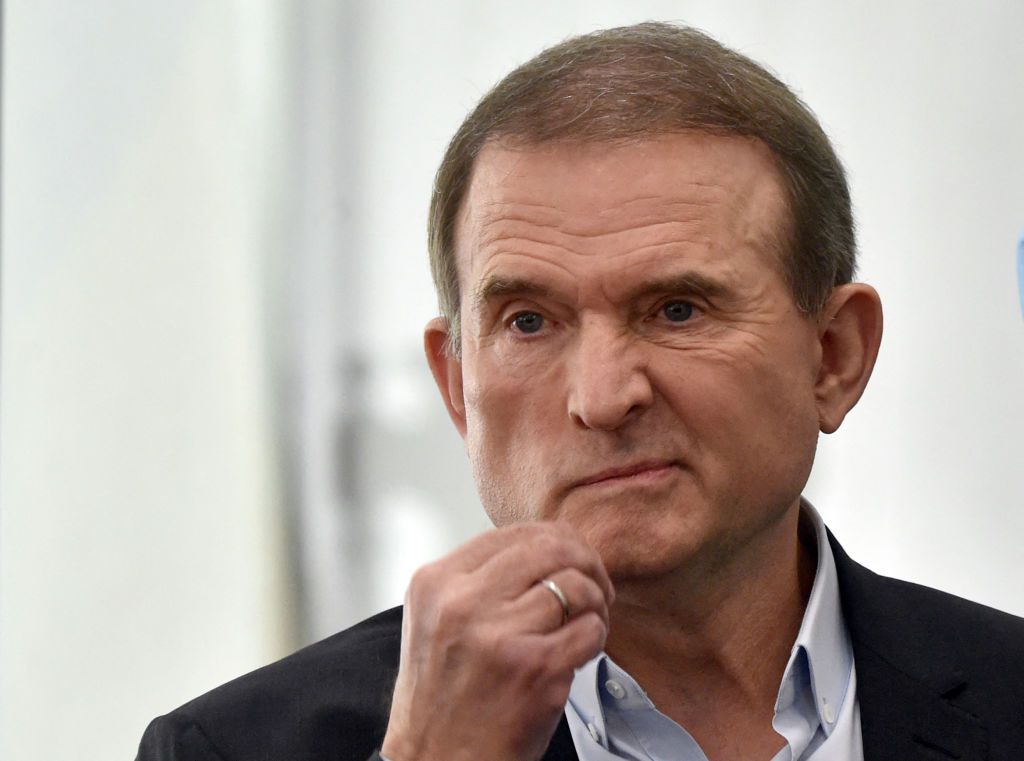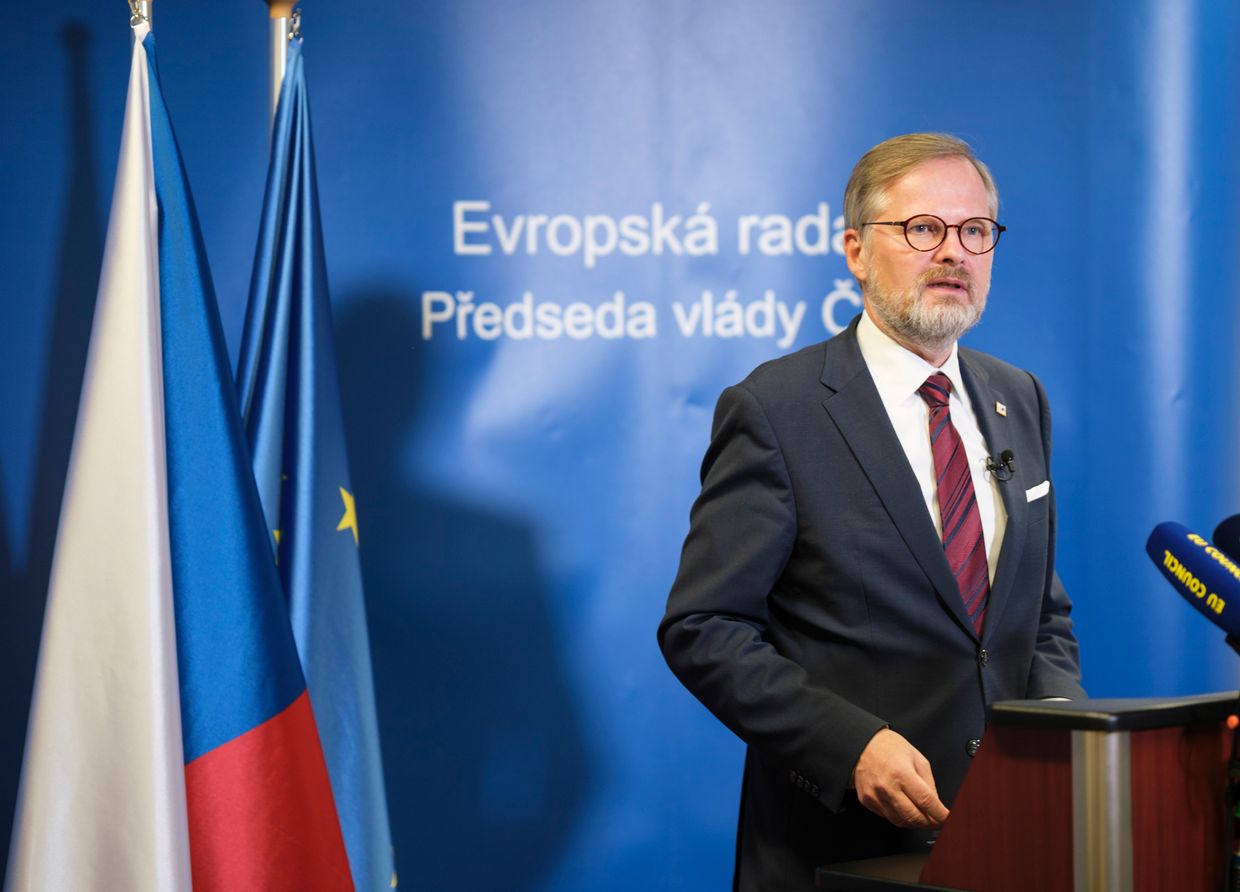EU announces new sanctions against Russia for Navalny's death, human rights violations

The European Union has established a new sanctions regime against Russia in connection with the death of Russian opposition leader Alexei Navalny and the "accelerating and systematic repression in Russia," the Council of the EU announced on May 27.
Navalny, Putin's main political opponent, died on Feb. 16 in a penal colony in northern Russia, after being convicted in several fabricated criminal cases as part of the Kremlin's crackdown on dissent.
The EU's top diplomat, Josep Borrell, proposed that the EU set up a new framework of sanctions in response to Navalny's death and serious human rights violations in the country.
The new framework includes a ban on selling or exporting equipment to Russia that could be "used for internal repression," including certain firearms, ammunition, and barbed wire, as well as technology or software intended for the "monitoring or interception of telecommunication."
The sanctions also target 19 individuals, including 13 judges deemed responsible for human rights violations, and one entity, Russia's Federal Penitentiary Service.
The Federal Penitentiary Service is "known for its widespread and systematic abuses against, and ill-treatment of, political prisoners in Russia" and is responsible for the penal colony where Navalny was held, the Council of the EU said.
Two judges from Russia's Supreme Court are among those sanctioned for their role in ensuring Navalny was imprisoned.
"Those designated today are subject to an asset freeze and EU citizens and companies are forbidden from making funds available to them," the Council of the EU said. The individuals on the sanctions list are also subject to a travel ban.
Earlier on May 27, the Council of the EU announced new sanctions against pro-Russian Ukrainian oligarch Viktor Medvedchuk and Ukrainian-Israeli citizen Artem Marchevskyi for spreading disinformation through the Voice of Europe website.















